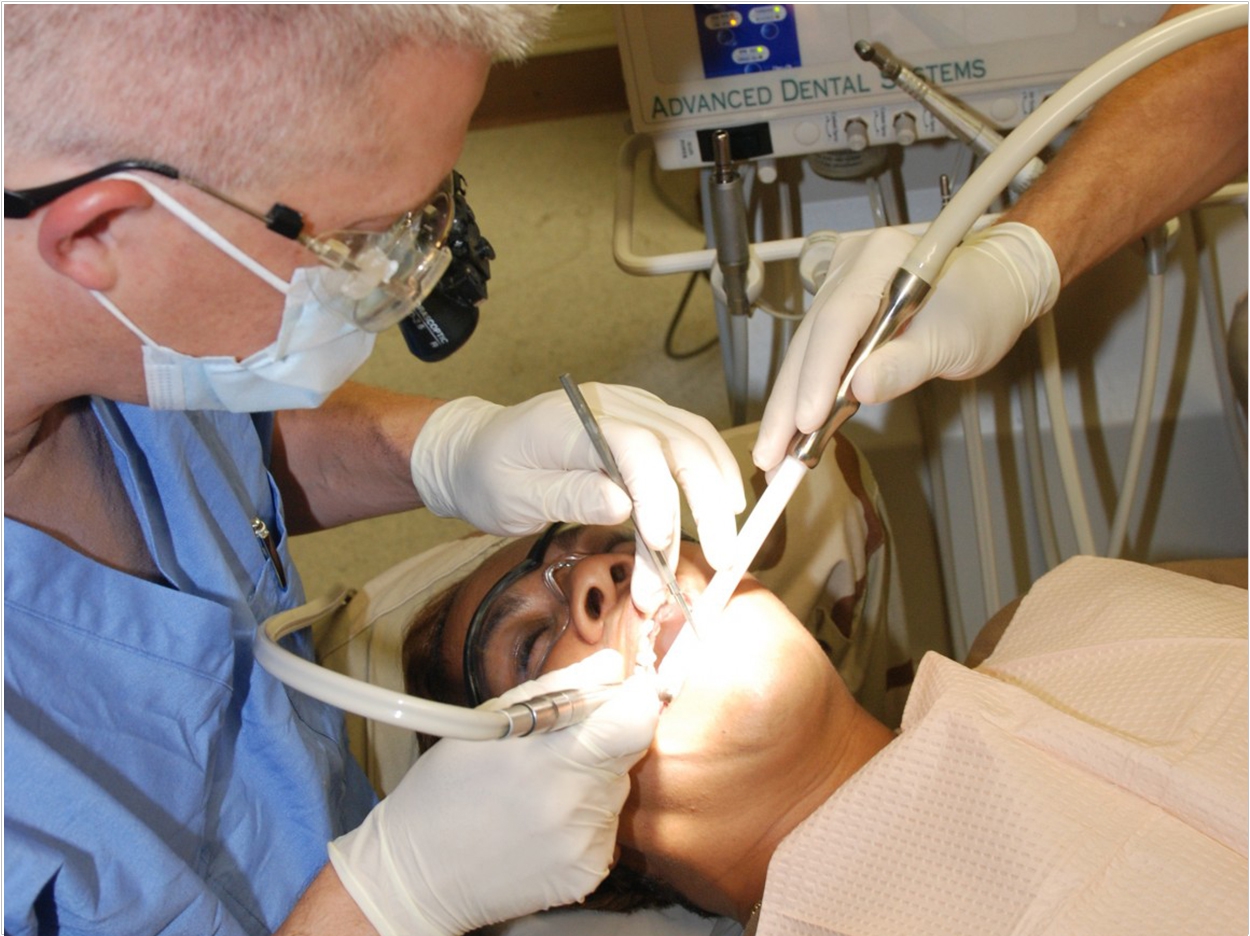
The Alliance for a Cavity-Free Future (ACFF) has published A Global Consensus for Achieving a Dental Cavity-Free Future. If adopted by both dental and health policymakers, the ACFF said, this comprehensive collection of policy recommendations would help secure the changes needed to push toward a future free from cavities.
Dental caries, which leads to tooth decay when left untreated, is the most prevalent noncommunicable disease in the world, the ACFF said. More than 2.3 billion people suffer from untreated caries of permanent teeth, the ACFF continued, with a further 530 million children suffering from untreated caries in primary teeth.
Caries affects people of all backgrounds, the ACFF said, but children and adults from disadvantaged backgrounds suffer disproportionately. Yet caries can be managed with appropriate measures, according to the ACFF, and the resulting cavities are largely preventable.
In 2020, the ACFF said it formed the Making Cavities History Taskforce, drawing on international experts across dental and public health to develop policy recommendations to change the way dental caries is managed. The results of this group’s work were published in A Global Consensus for Achieving a Dental Cavity-Free Future.
The report offers recommendations for policymakers at the national and global levels that would ensure effective caries prevention and management while offering the best opportunities to see improvements in oral and overall health, the ACFF said.
The recommendations cover the full scope of caries management to include both public and professional education, diet and nutrition, a shift to preventive dental medicine, and comprehensive data collection to monitor the issue, the ACFF said.
The ACFF is circulating the report in support of the WHO 2021 Resolution on Oral Health, which will be brought to the World Health Assembly this month. The report also has been endorsed by international organizations including the World Federation of Public Health Associations.
“Caries is a preventable disease that affects billions of people,” said ACFF chair Nigel Pitts. “The global response to the Consensus has already been hugely positive. Alongside the WHO 2021 Resolution on Oral Health, the policies laid out in the Consensus have the potential to radically impact the way caries is managed around the world and to change people’s lives for the better.”
Related Articles
Celebrate World Cavity-Free Future Day on October 14
Patients Wait Up to Three Years for NHS Dental Appointments
North Carolina Issues Oral Health Improvement Plan












